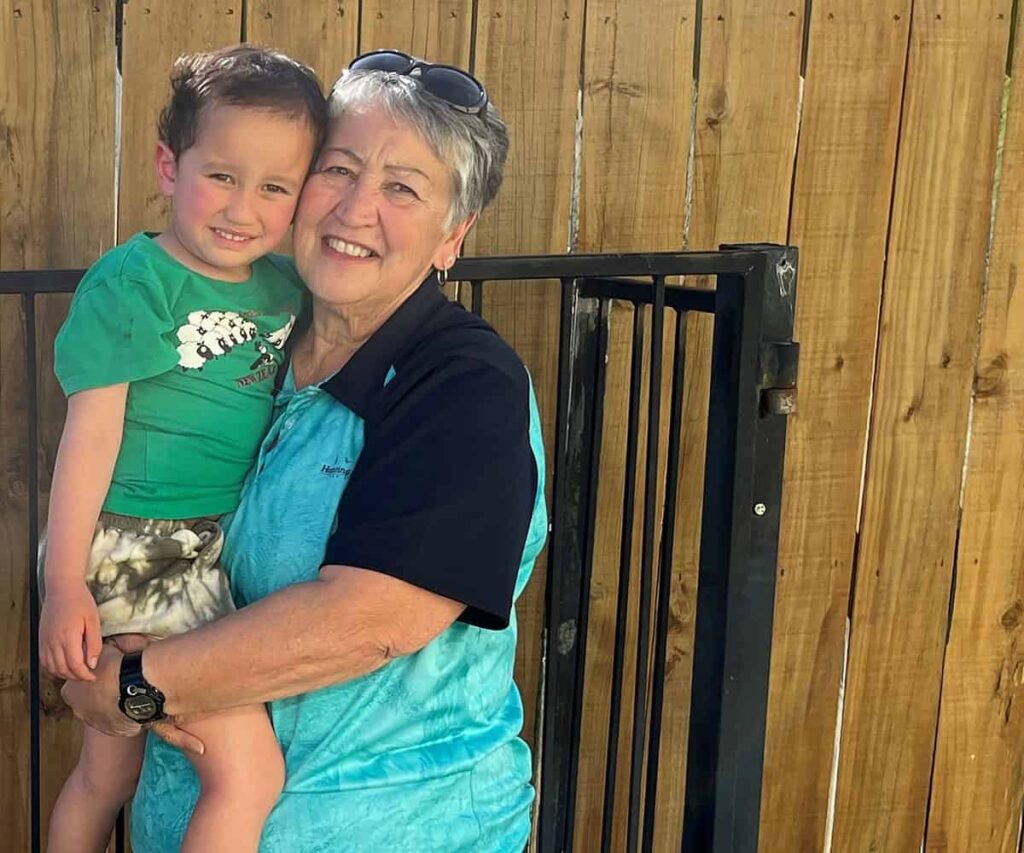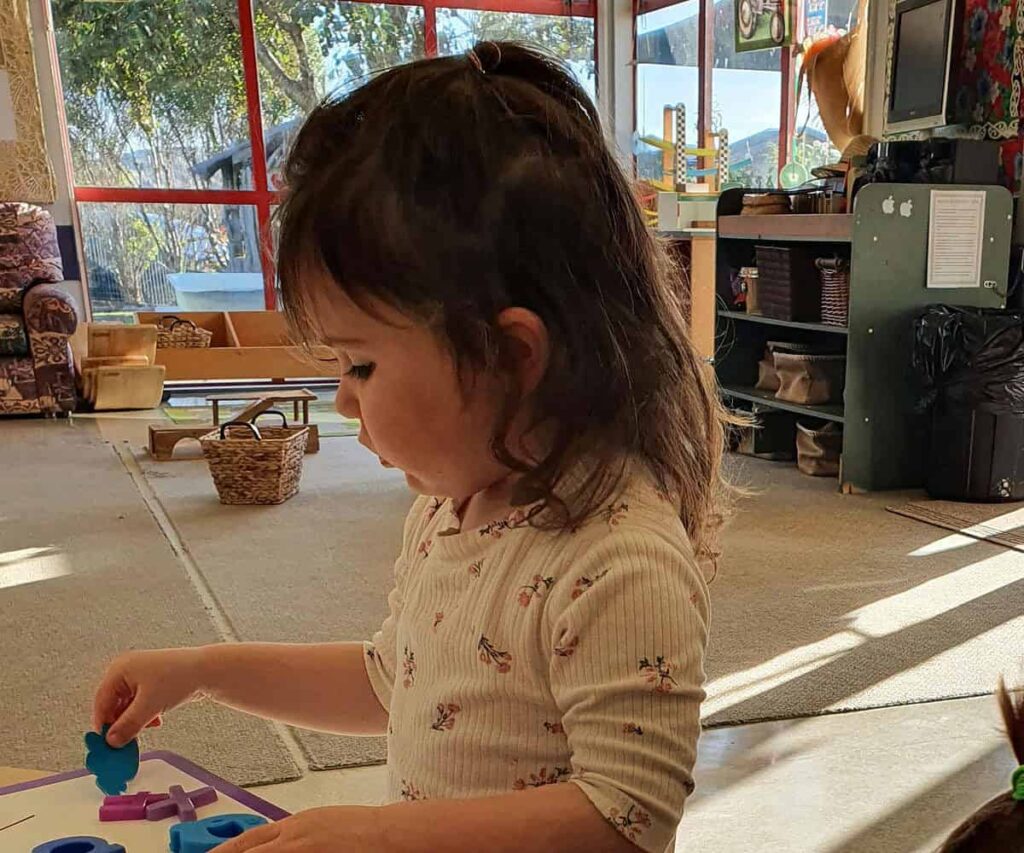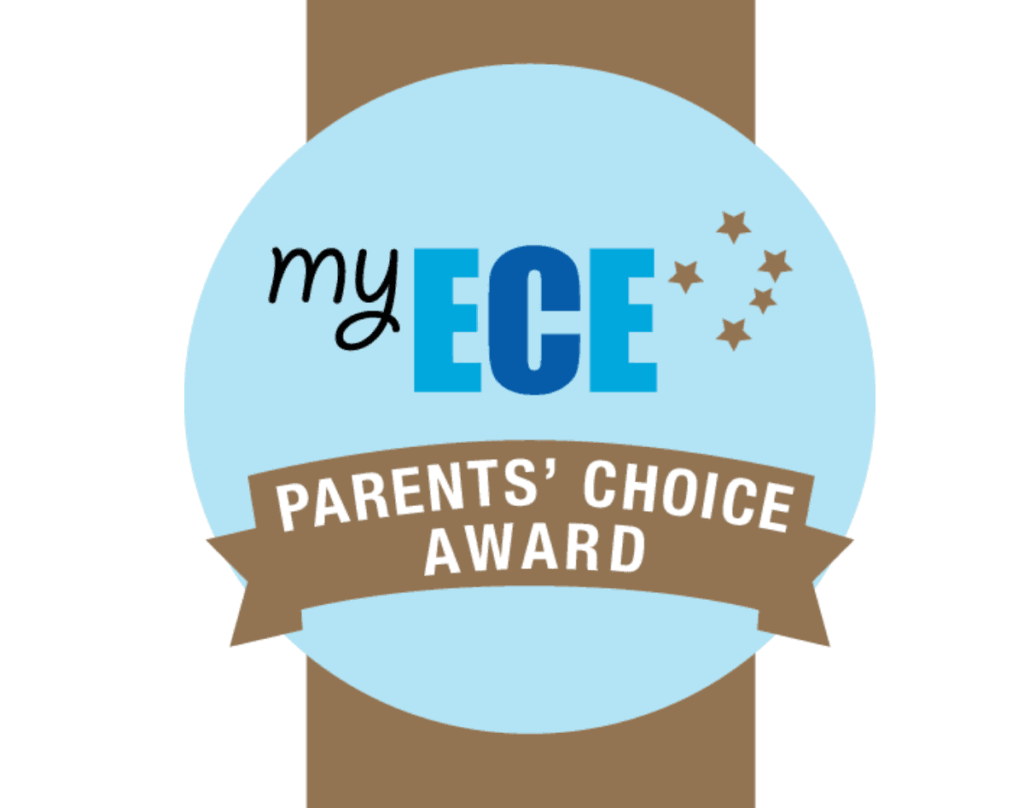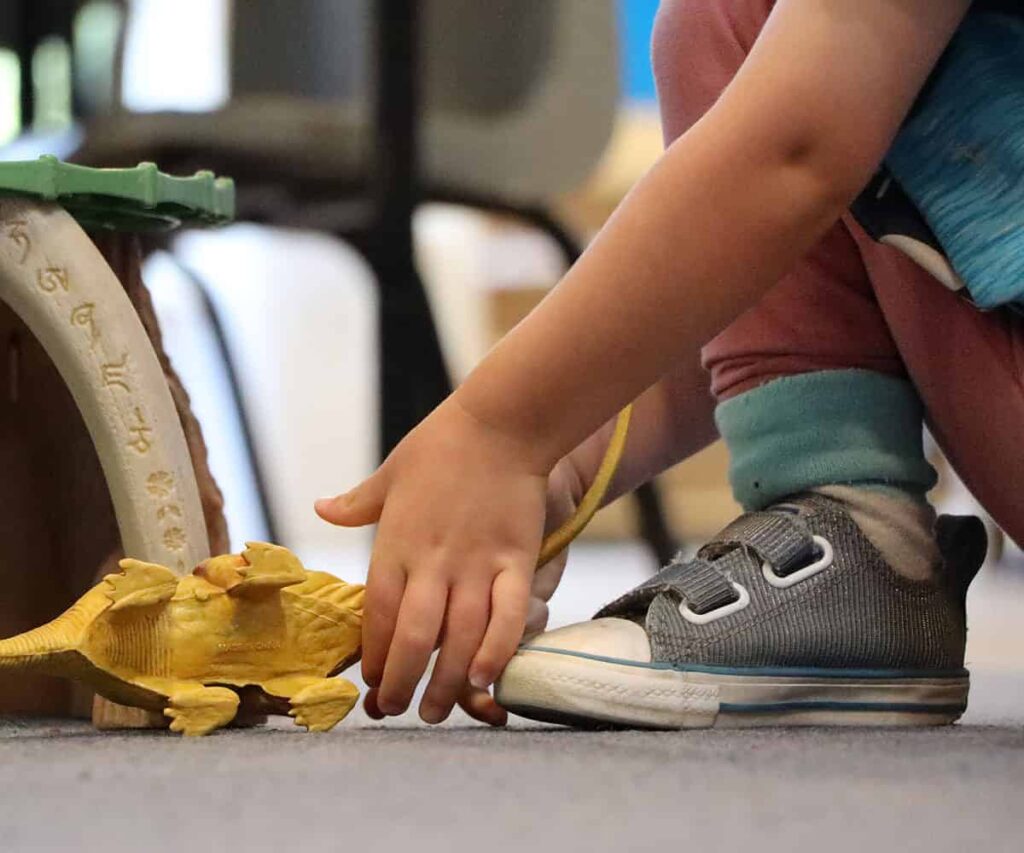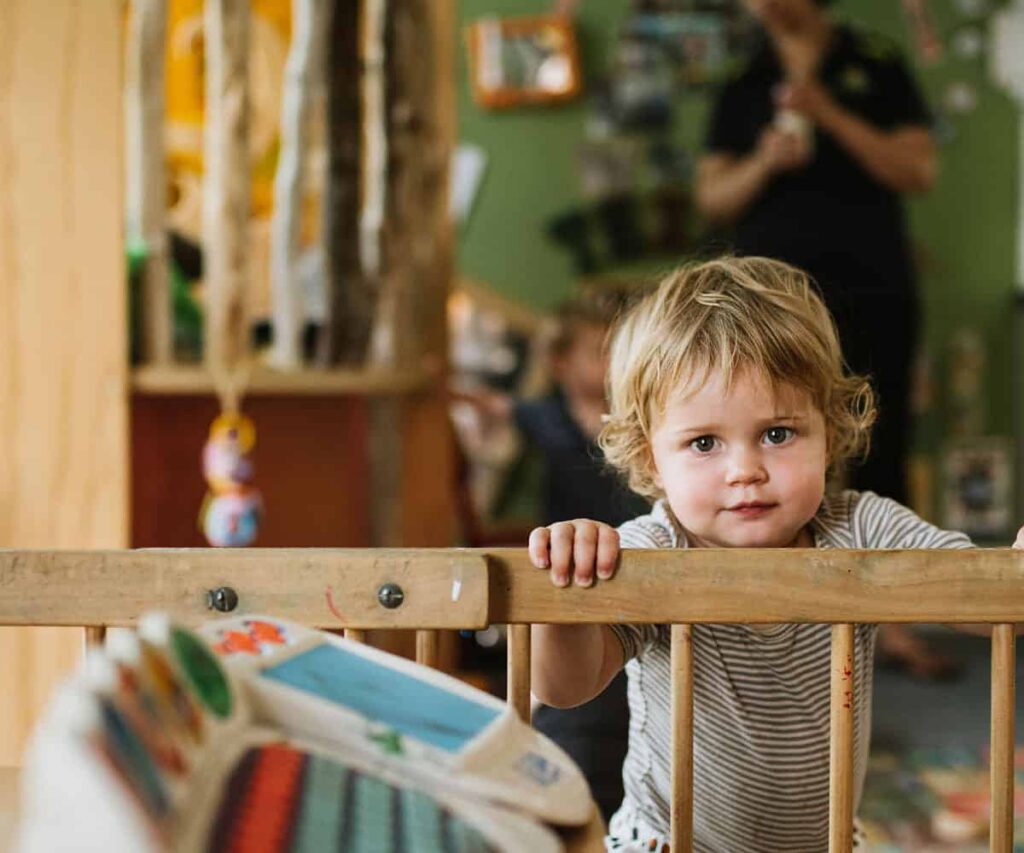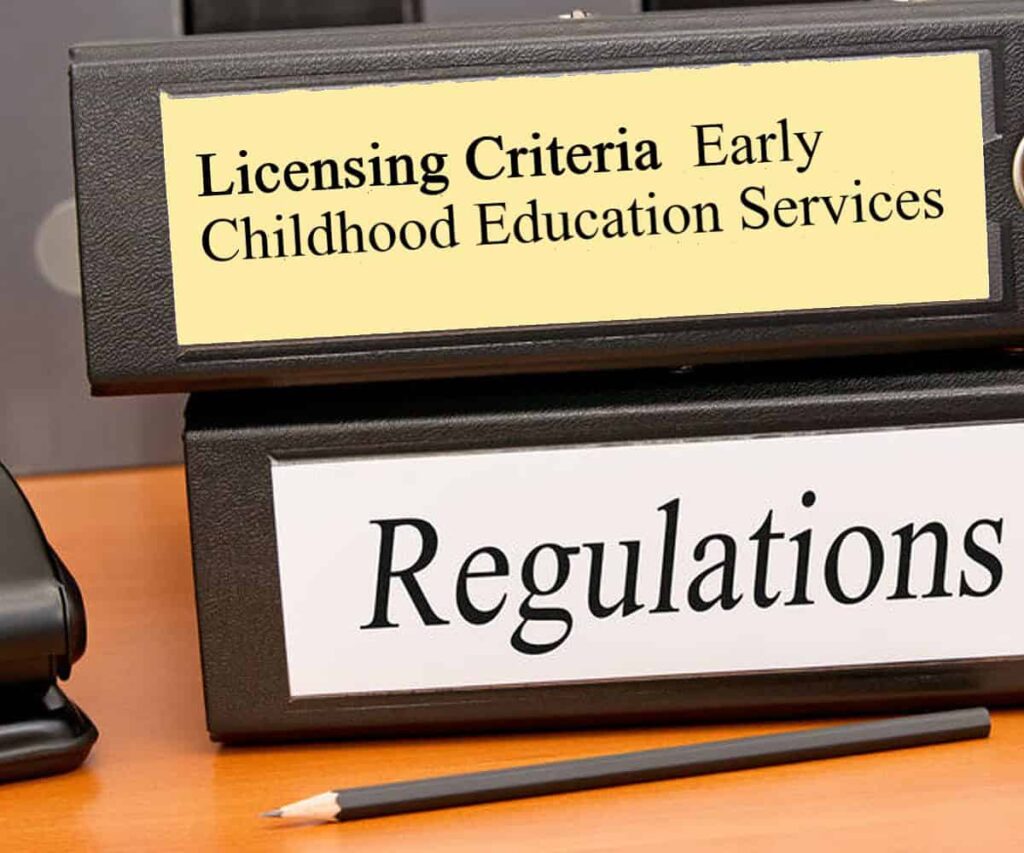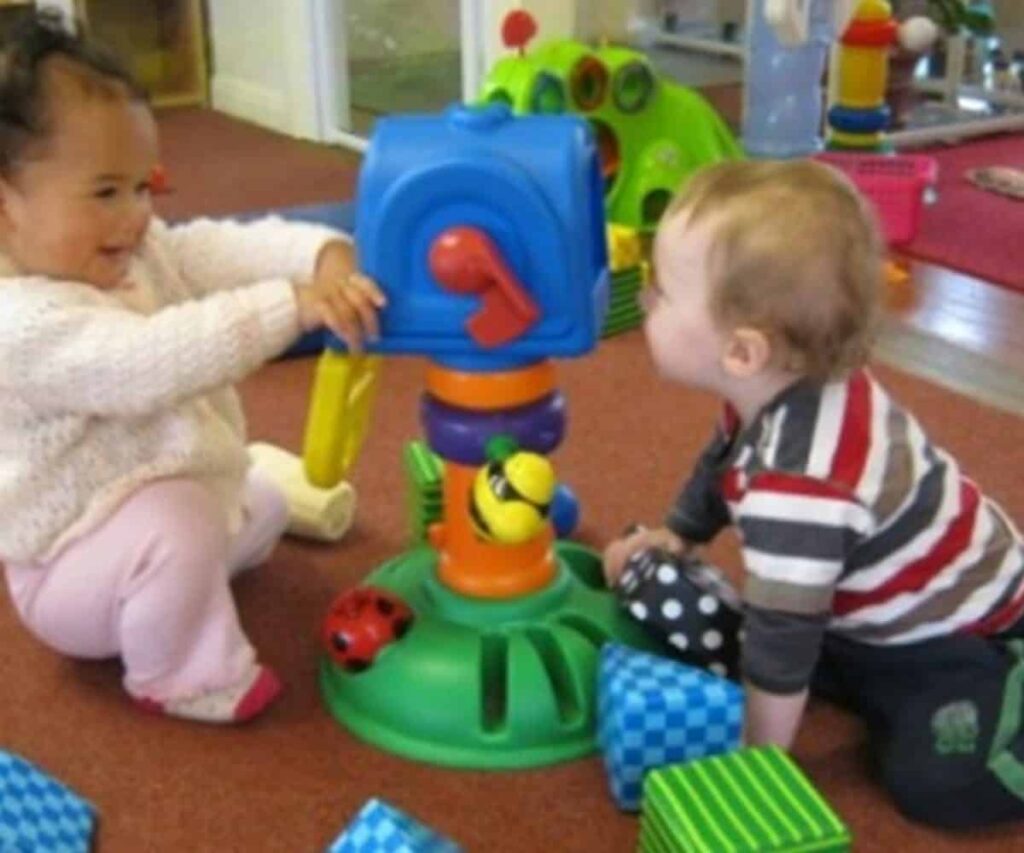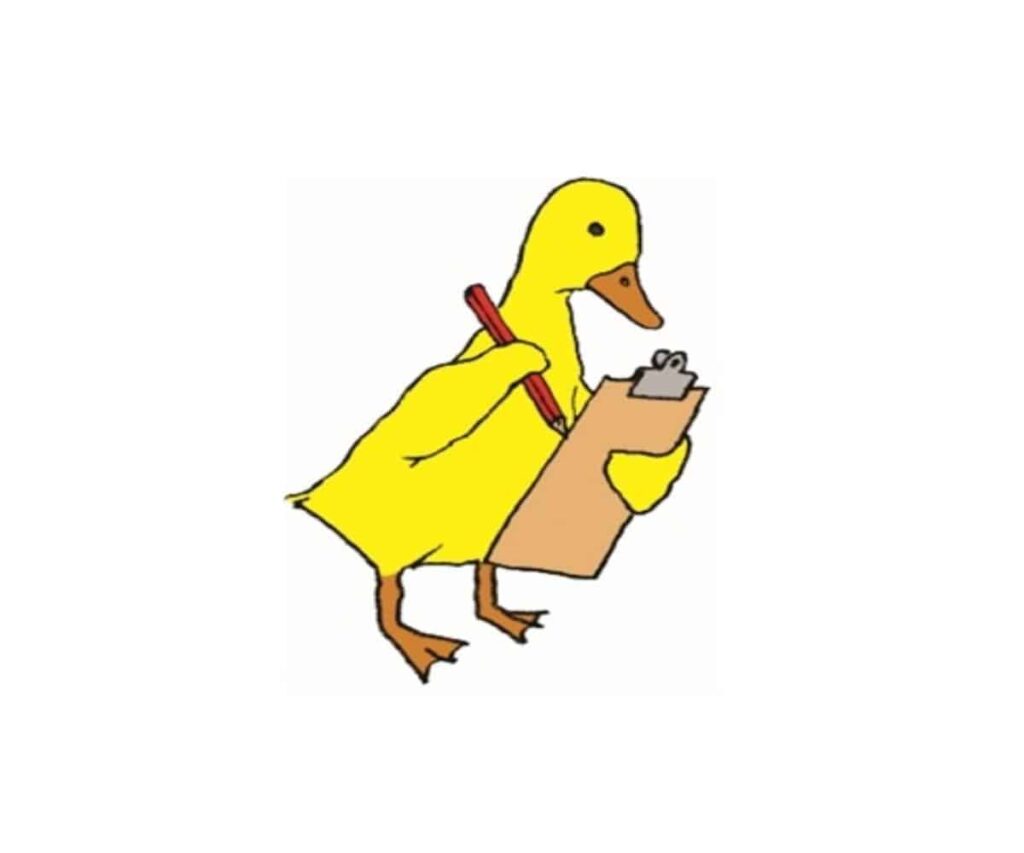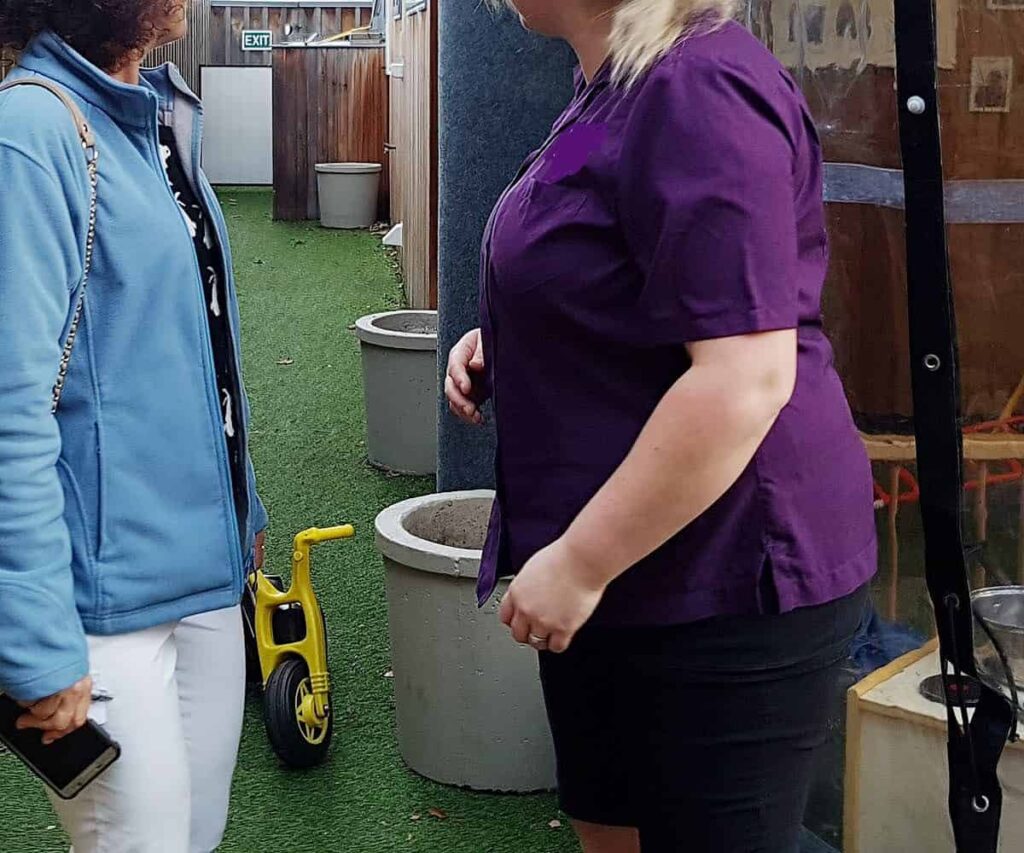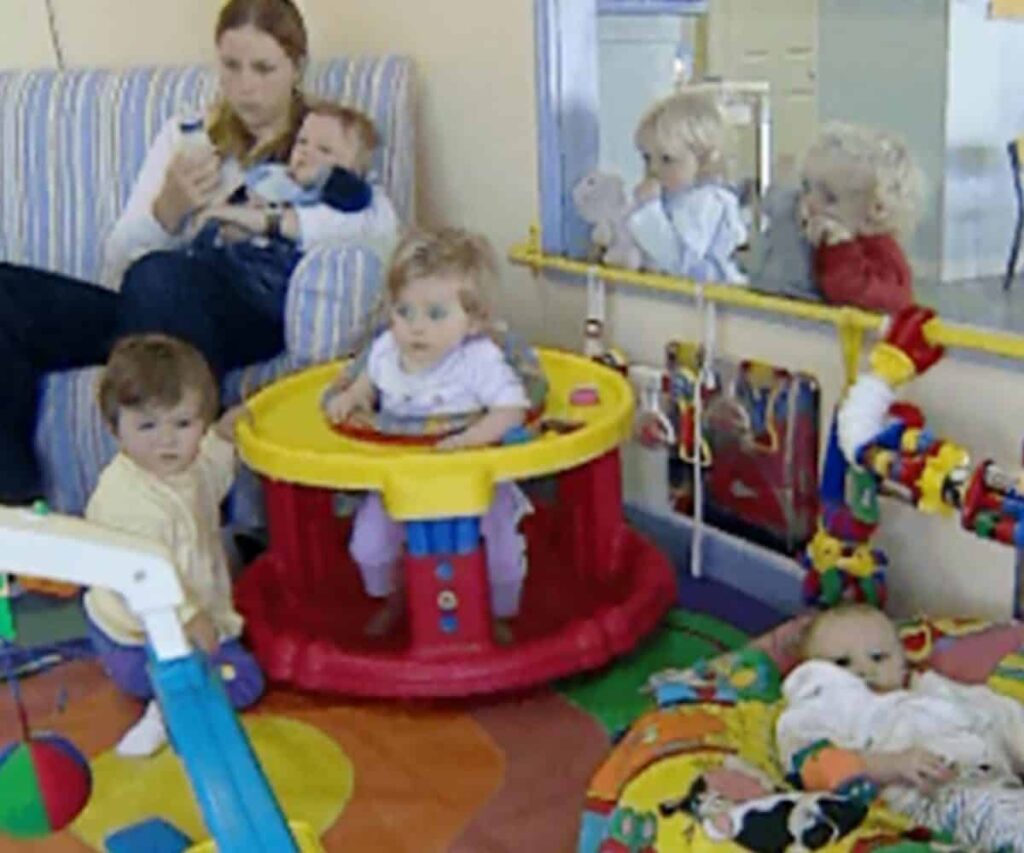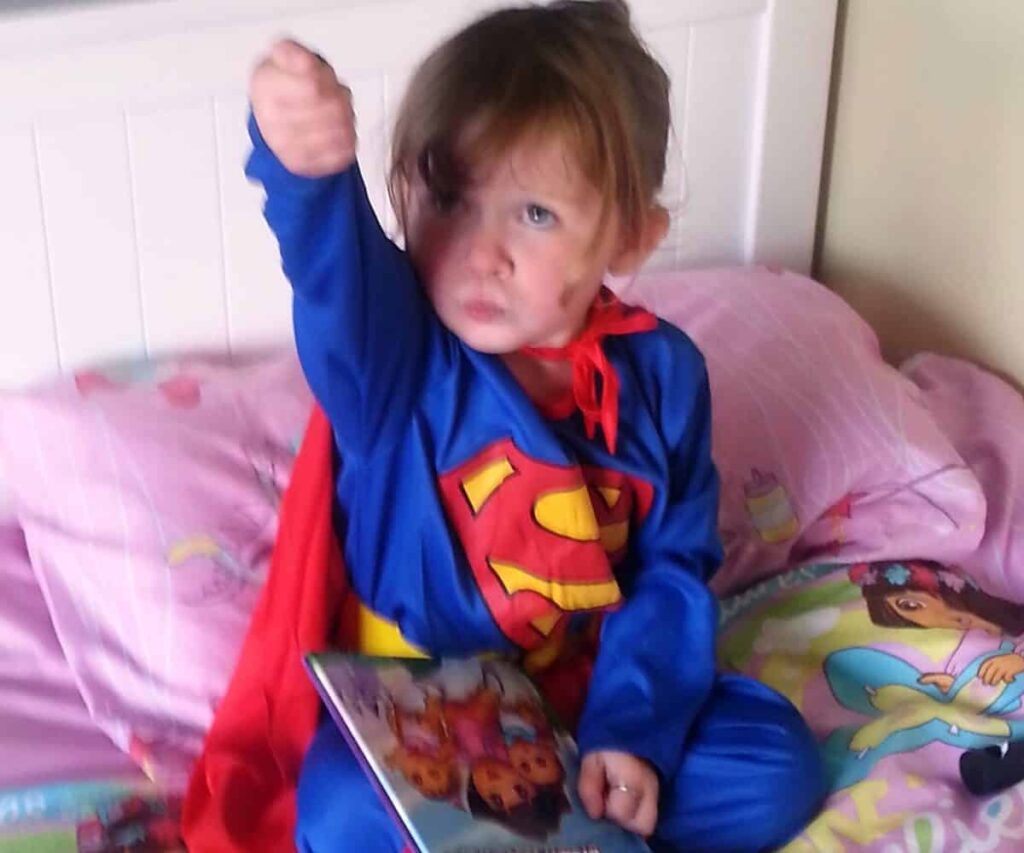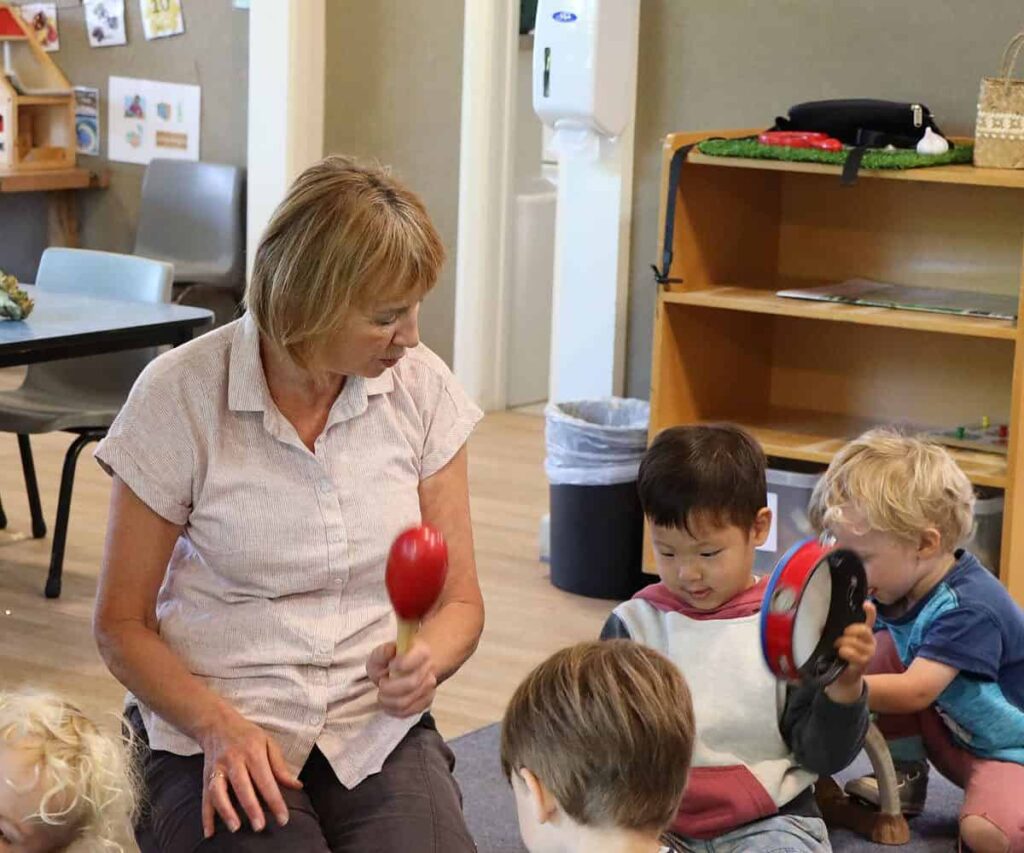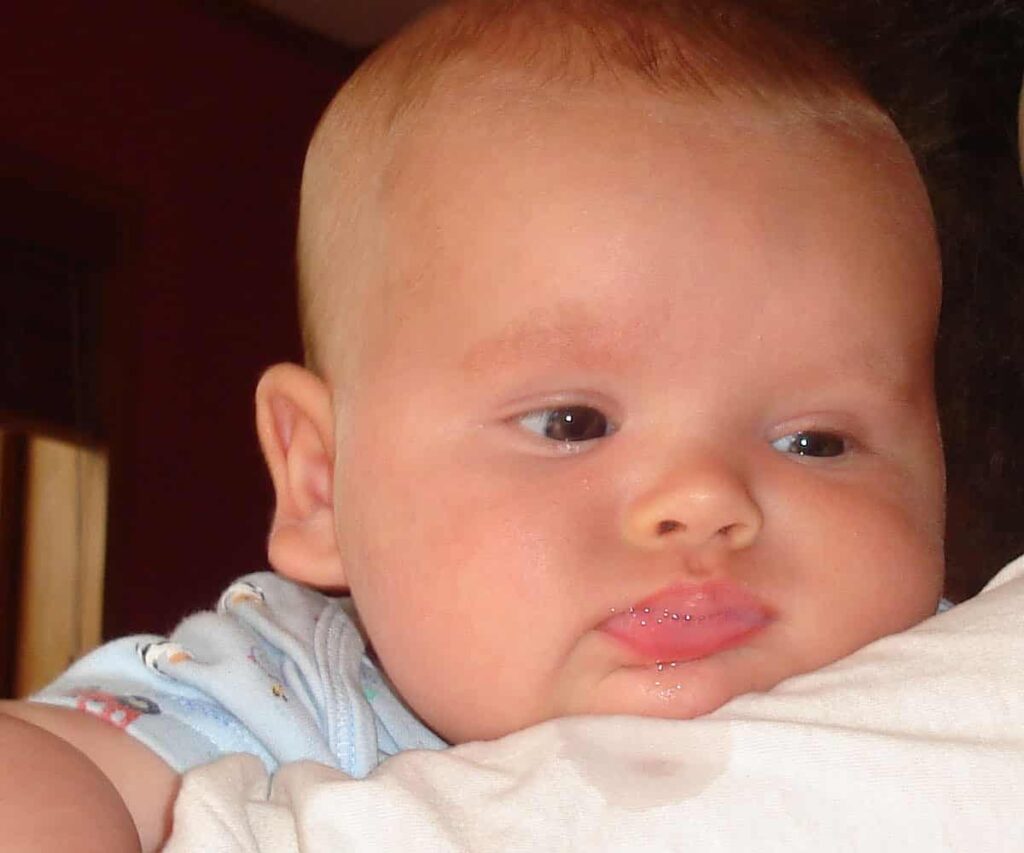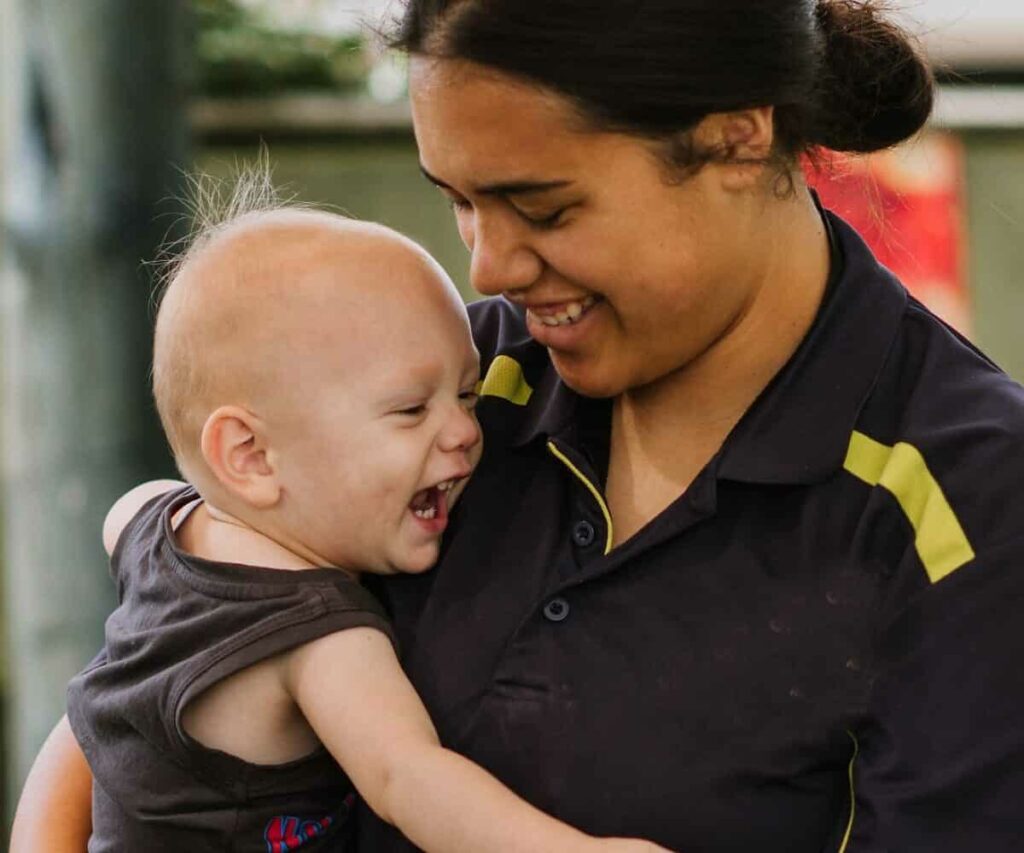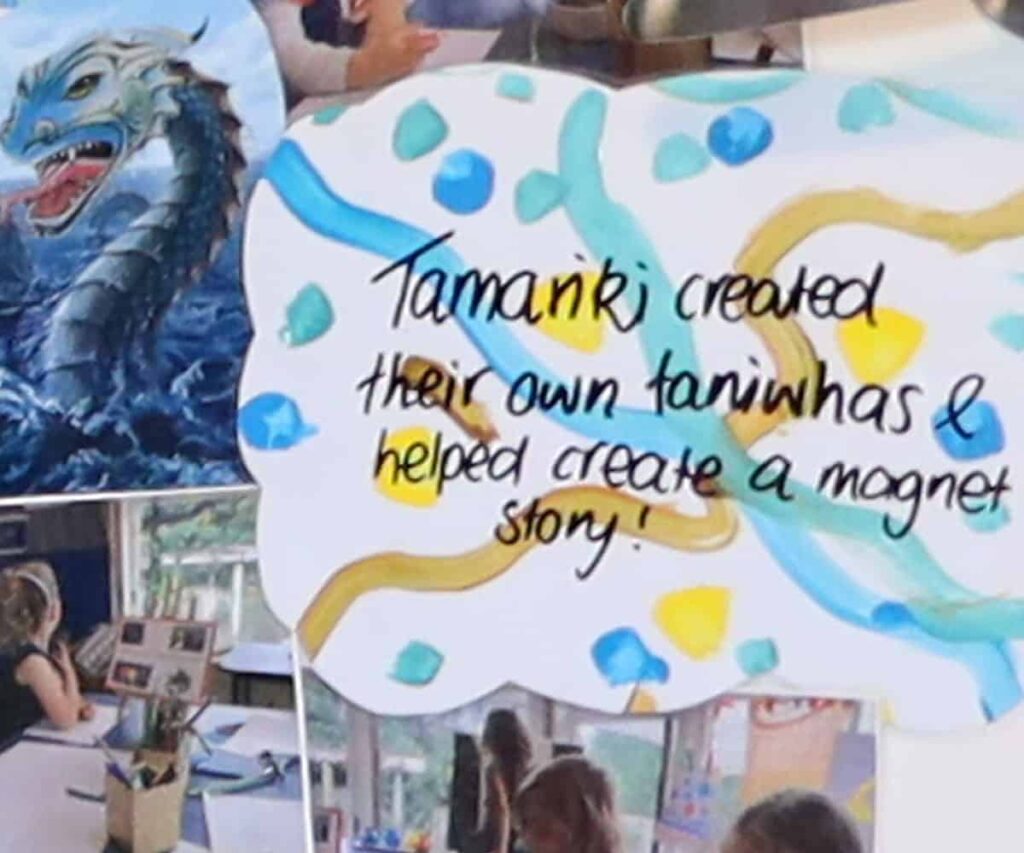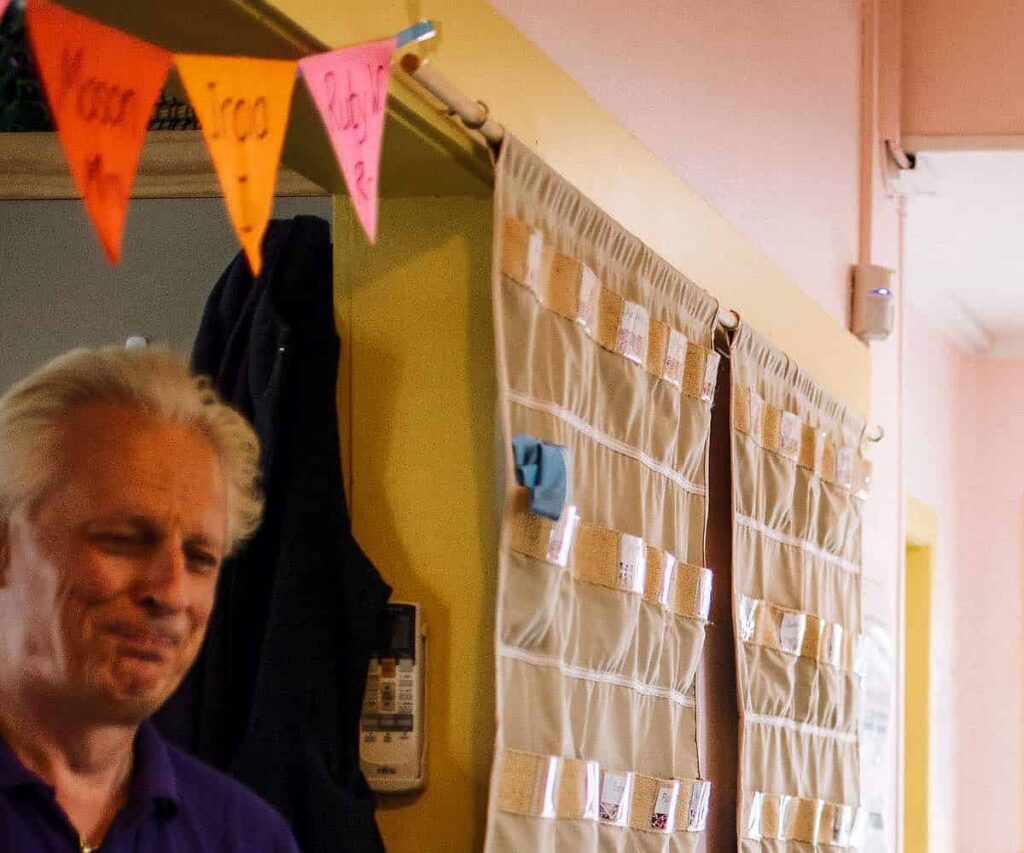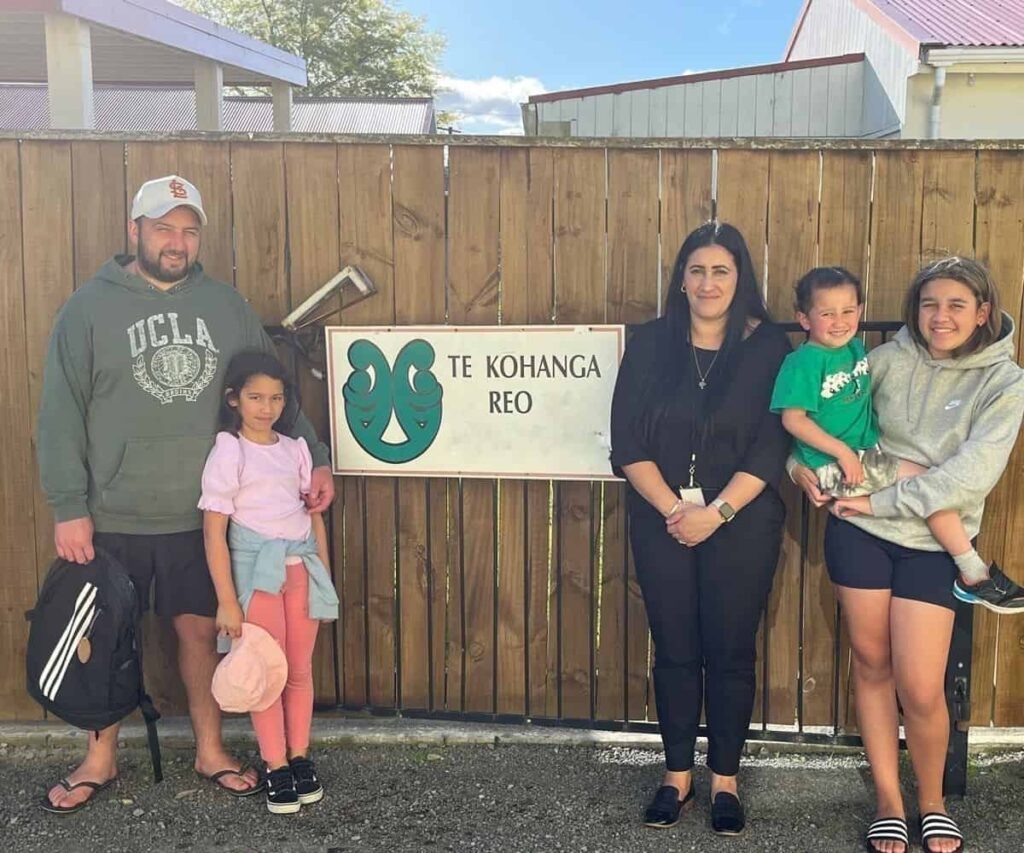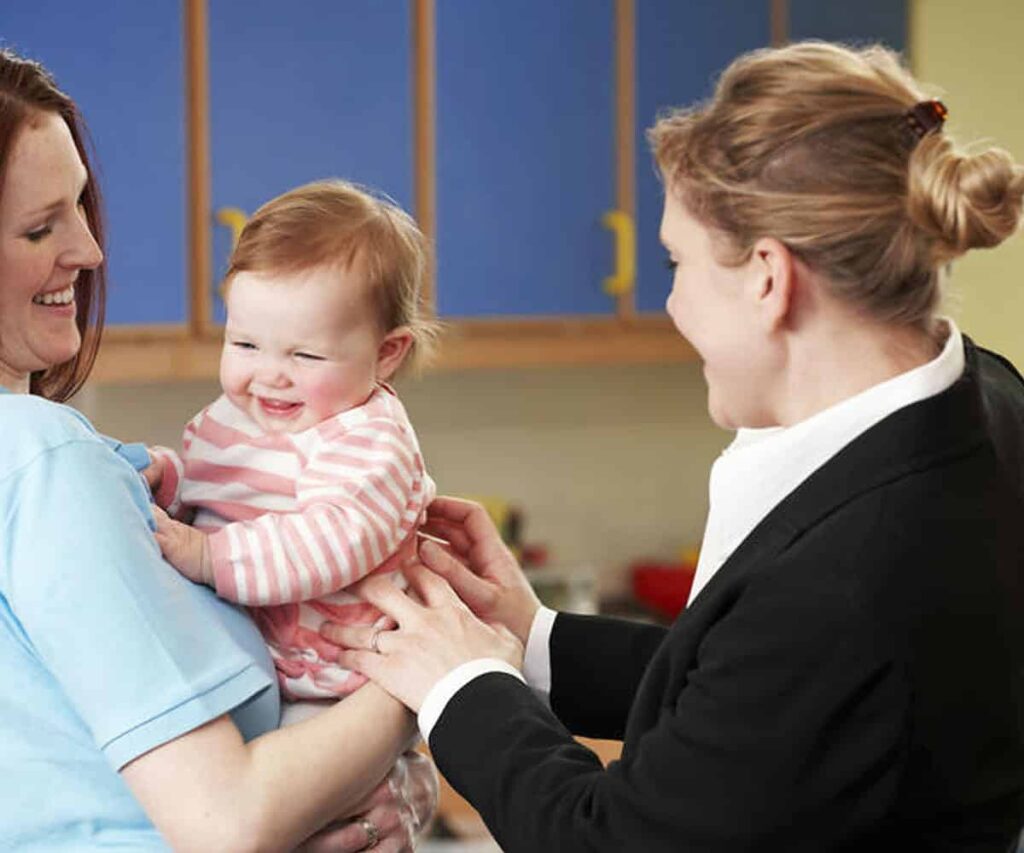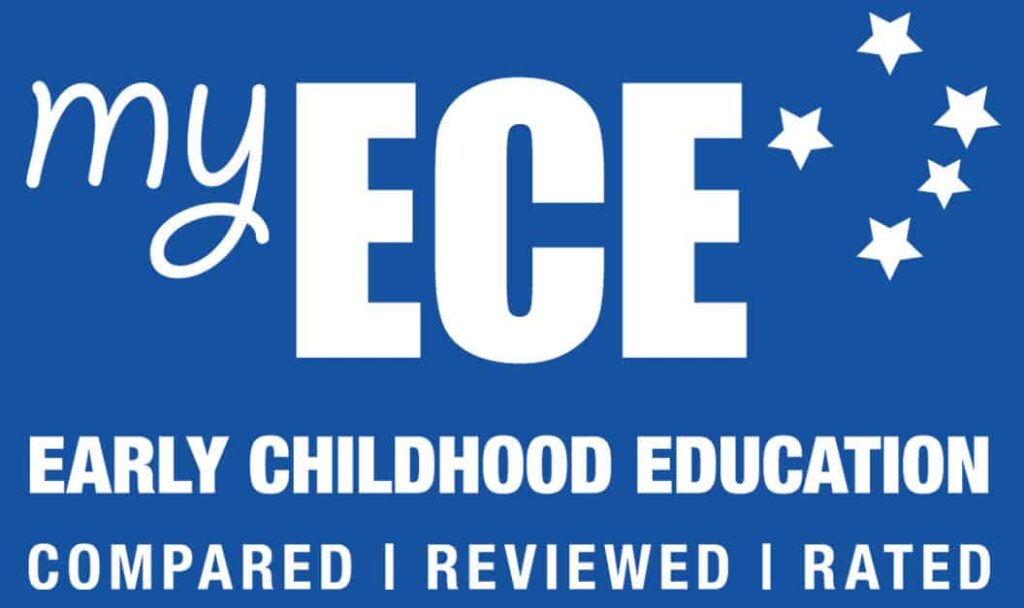How can you best support your child to love words, language and learn to read? Here are some ideas.
Infants and toddlers
- Encourage new words and help your child accumulate a wide vocabulary and understanding of words
- Give lots of varied experiences to talk about and learn from
- Provide a broad range of early literacy activities within play – such as finger rhymes, poems, puppets, matching picture card games, rhyming word games e.g., mat, cat, sat
- Have books, paper and crayons or drawing materials, in the car, in your bag, in every room of your house so whenever the moment is right these things are easily accessible
- Do lots of drawing together and extend this sometimes by writing a description under the drawing e.g. “A space-rocket” and your child’s name
- Read to your child from an early age – if your child becomes distracted easily or doesn’t pay attention choose a time such as before a nap when there are no other distractions.
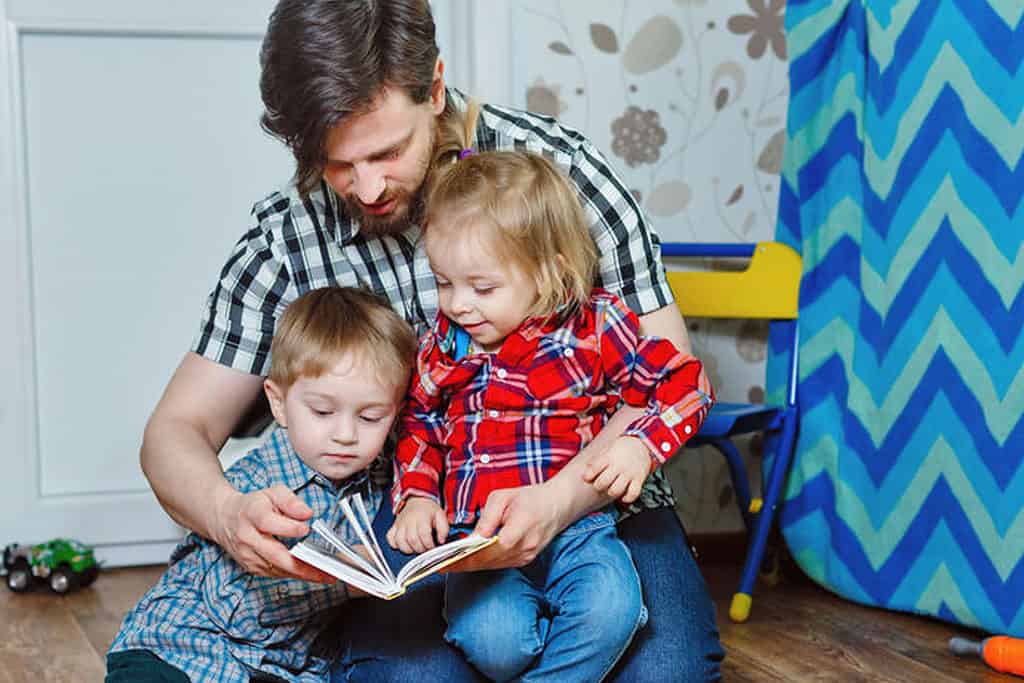
Preschool Age 3 – 5 years
- Continue all of the above – encouraging language, playing, having shared experiences and talking about these, increasing comprehension and understanding
- Encourage your child to practise forming the letters of his/her name and marking his own drawings and creations with the first letter or more of his/her name
- Talk about how the words go from left to right on the page, point to the words as you read them, show how pages are numbered, show your child which way around the book must be held as upside down or back to front would not make sense.
- Begin to introduce the alphabet with what letter is formed when you are writing his name, find other things with the same letter/s.
- Introduce letter sounds e.g., by playing I spy with my little eye something beginning with “ggggg” … “that’s right its grass”
- Use different opportunities to encourage early reading e.g., when going for a walk try to guess the numbers on the letter boxes, look out for stop signs when travelling in the bus or car or “P” signs for park.
![]() Gifted Early Readers
Gifted Early Readers
A small percentage of children learn to read without any formal instruction. They may be fluent readers before starting school. These early readers or gifted children should be allowed to read. Don’t discourage a child who is gifted in reading.
Non-Interested Readers
Some young children can show early signs of not being interested in language, words, and reading.
Possible causes to check for include:
- Impaired vision if your child squints, screws up their eyes or has difficulty seeing – professional testing by an optometrist is needed to confirm this and discuss how to reduce the potential for any difficulties in learning reading to arise.
- Hearing impairment could reduce your child’s ability to hear sounds clearly and can lead to difficulties later if middle-ear infections or glue ear are not treated – see your doctor. Seek specialist early education invention advice and support through your ECE service if your child has hearing loss.
- Early language delay – every child differs as to when they start talking and how well they talk. Most forms of early language delay, including stuttering, do not mean a child will go on to develop reading difficulties at school. But put in place strategies to make sure this doesn’t happen such as providing lots of play and story reading and talk with adults and friends. Check with a language therapist if you are concerned.
ECE services that are good at supporting children’s early reading development
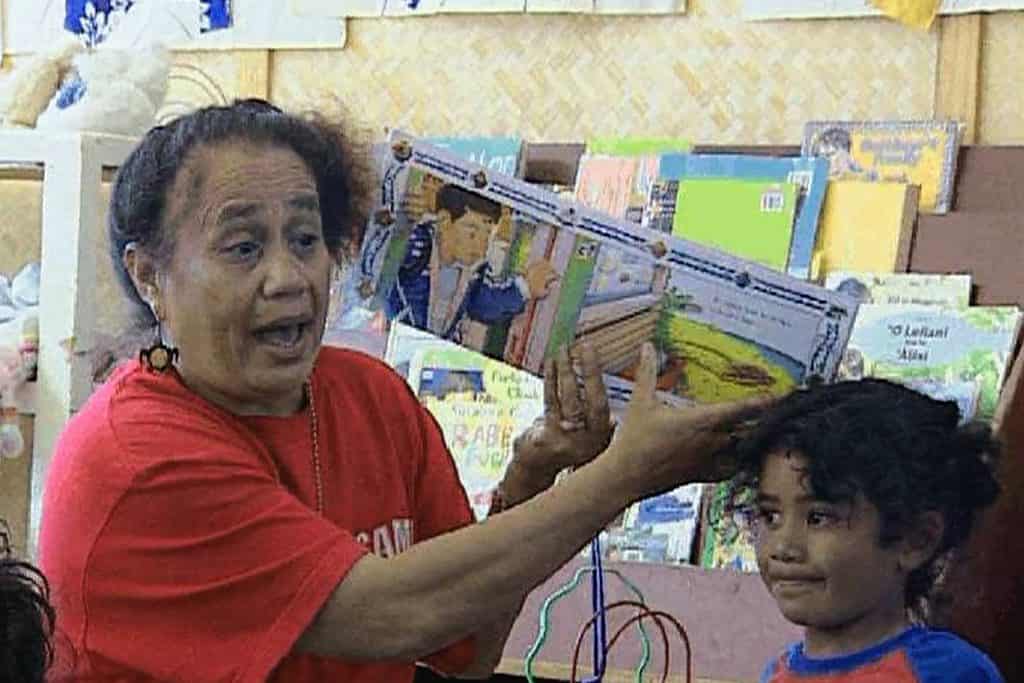
Look at what is happening at your ECE service. Do you see:
- Frequent use of picture books and different ways of extending literature e.g., puppets, learning games based on stories, dramatic play props, recipes.
- The adults reading with and to the children.
- The adults showing pleasure and personal interest in children’s talk, conversations, listening to and responding to what children say.
- The adults following children’s personal interests and providing stimulating activities
- The adults noticing and evaluating how each child is progressing and talking with parents about the next steps for what will be done to support their child’s learning in early literacy.
Check your Service is Providing Families with the “Early Reading Together” Programme
Go to our page on the Early Reading Together programme and parent workshop materials for ECE services.
Article first published November 14, 2018
Written by Dr Sarah Alexander.
